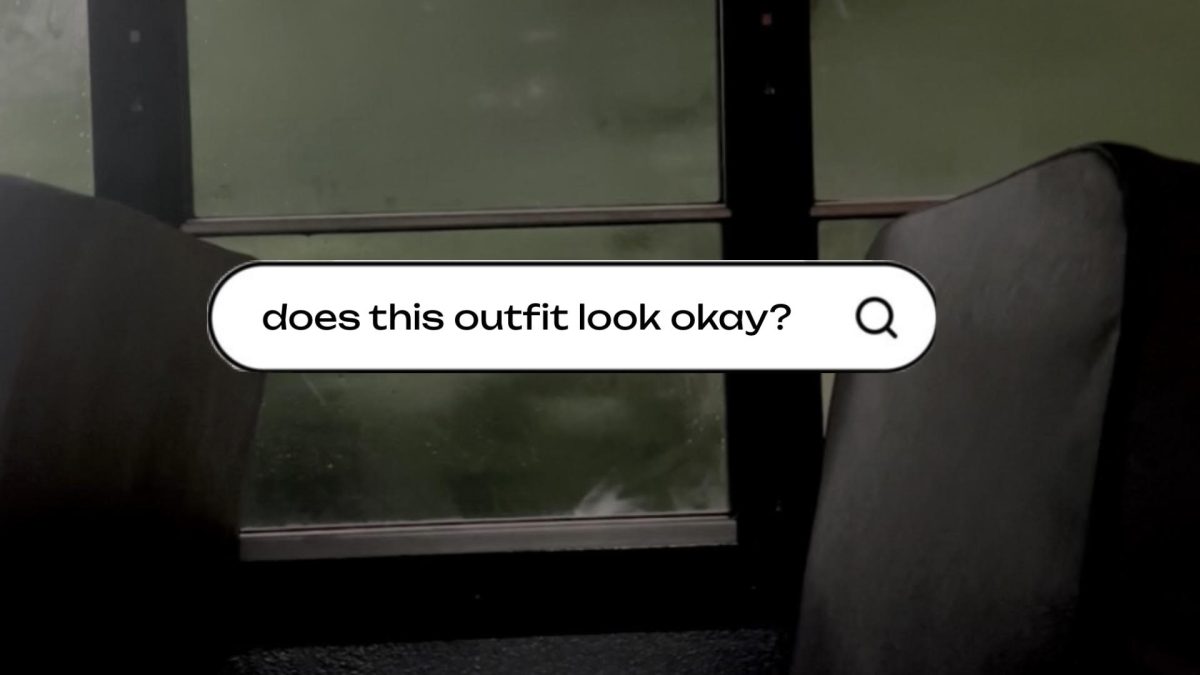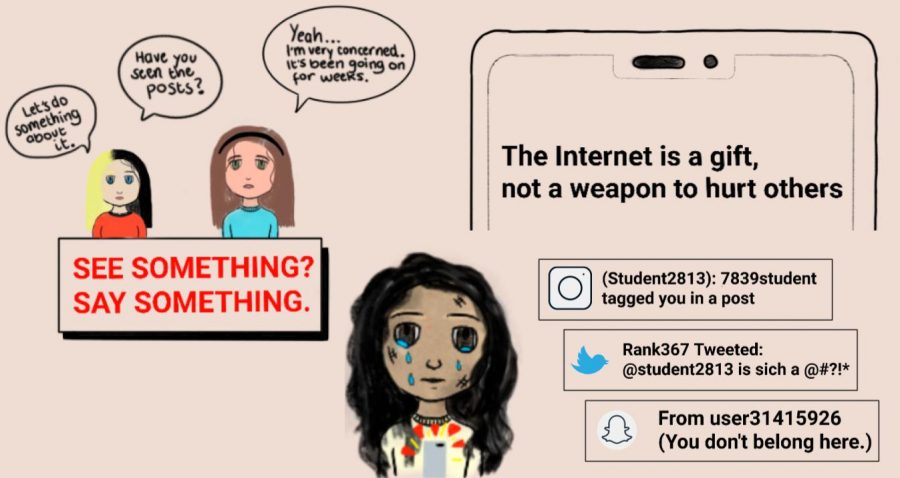Students should be wary of scammers
Students find it difficult to avoid scammers
After posting a picture during the holiday season, a scammer took the opportunity to message a student and told her that they wanted to give her free clothes. After much research, it was learned that these people known only as nyclosettoutfitts were scammers sending the same message to other girls on Instagram.
April 8, 2021
Scammers: What does one picture in their heads when they think about scammers? The question comes down to who is the person that is hiding behind the screen?
Usually the first thought is a creepy old man sitting in his mom’s basement in a stained white tee, spending his days maniacally laughing and gaining money from the innocence of others. The reality though is that scammers are everywhere, and they have sent hundreds of thousands of scams to innocent people since computers were released to the public. Classics like the Nigerian Prince email scam, digital kidnapping, and the fake antivirus scams have become an annoying nuisance on the internet users’ side.
Jacqueline Teschner, the resident police officer at Grayslake Central said, “People typically fall for banking and or financial scams the most, especially the elderly. It is important to pay attention to fishy emails as scammers often create fake email addresses so it appears an email is coming from a legit banking institution or someone you may know.” Some scammers are very good at hiding their scams. People who use Instagram, or any social media, need to be very aware of convincing scams too.
It is to be noted that individuals will often get direct messages (DM’s) from scam modeling companies who tell them how pretty they are and how badly they want them to model for them, they promise free clothes and all sorts of fun things. Boys however have been known to receive scams with a more sexual undertone with scammers promising to send them explicit pictures for money. Scammers make conscientious decisions to mess with two genders’ wants. Many girls wish to be noticed for their looks and to pay attention to them and are willing to put themselves at risk for that attention. Scammers stereotype that boys on the other hand are looking for something quick and easy with no emotions or attachments to anyone. This makes these scammers more dangerous because they know what people like to hear. This gives them the ability to attain their end goal, which is usually money or a way to steal that person’s identification. Everyday there is a risk from people online. Don’t fall for it.
Scams exist. Sadly, there is a probability that you or someone you know will be swept up into a scam someday, so how do you protect yourself from scams?
For example, if a scammer ever tries to steal your identity on social media, Jennifer Naes the Grayslake Central library and media specialist said, “Report the account to Instagram, you might want to send out a message to all of your contacts or followers because a lot of times it chains through different people, just to let them know that there may be messages coming from another account it’s not yours, it’s just an FYI, and then just be diligent about emailing the company sending the messages until it’s rectified.”
In the case of a scam, Teschner also said, “Save any related emails, Facebook messages, text messages, etc., and pass the information onto law enforcement. Ignore the ‘knee-jerk reaction’ to delete the communication. These messages are vital to a police investigation.”
Students should also learn to practice online safety so they can get out of dealing with hackers and scammers in the first place, Teschner said, “NEVER share your passwords with anyone, even your friends! People who are your friends today may not be your friend tomorrow. Change your passwords at least once a year if not more often. Don’t click on links in any weird or questionable emails. Don’t share your personal information (social security numbers, date of birth, mailing address) with anyone in an email. Don’t friend/or allow people you don’t personally know to follow your accounts (Facebook, Snapchat, Instagram, etc).”
However, if scams do happen, people should not feel ashamed. “No one should feel ashamed if they get scammed. It’s important to stay vigilant as to who you allow to follow your account. It makes it much easier for scammers to attack you when you’ve allowed them access to your account, giving them free rein to pictures of you and your family, you and your friends, where you like to hang out, or places you like to shop/dine at,” said Teschner.
Always remember to never follow anyone who you do not know and to keep your accounts private to avoid scammers. It’s these necessities that can keep you, your family, and friends safe.










































